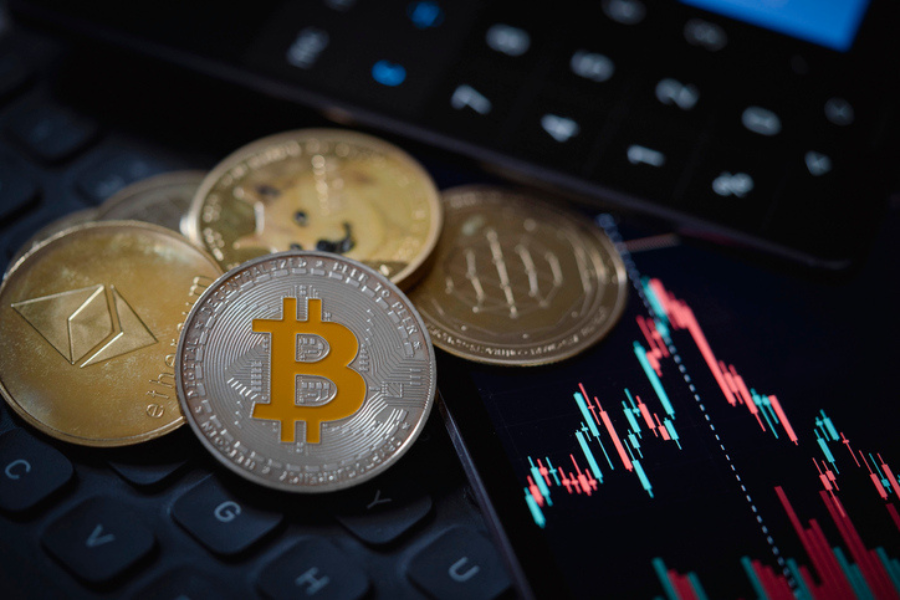

While they haven't exactly shed their esoteric image completely, cryptocurrencies have grown increasingly mainstream in recent years. And after Bitcoin officially hit the vaunted $100,000 price milestone Wednesday, there's all the more reason for investors to take an interest.
But a recent report from the Government Accountability Office found that when it comes to workplace retirement plans, investments in digital assets remain extremely muted, and their potential risks and regulatory gaps continue to pose challenges for both participants and fiduciaries.
According to the research published in November, crypto assets make up a small portion of the $6.7 trillion 401(k) market. The GAO identified 69 crypto investment options currently available to plan participants, with many getting exposure through self-directed brokerage windows rather than core in-plan options.
“Participants who invest outside their plan’s core may have to take primary responsibility for selecting and monitoring crypto asset investment options,” the report said.
The exact magnitude and distribution of crypto investment in retirement plans is still unclear, GAO said, partly because of limitations in the Department of Labor's current reporting forms. According to the GAO report, smaller plans are not required to disclose these investments, while larger plans aggregate such data.
The analysis also pointed to risks from the notoriously wild behavior of crypto assets. Using bitcoin as a test case, GAO's simulations indicated – perhaps unsurprisingly – that portfolios with a 20 percent allocation to bitcoin experienced significantly higher return volatility than those with smaller allocations of 1 to 5 percent. Interviews with researchers and crypto firms also revealed a lack of standard methodologies for projecting future crypto returns, adding further uncertainty for retirement savers.
“Crypto assets have uniquely high volatility – a measure of their riskiness to participants – and their returns can come with considerable risk,” the report stated.
While fiduciaries are still required to meet ERISA standards when offering crypto assets within core plan options, GAO noted that oversight is weaker for investments accessed through brokerage windows. Gaps in federal regulation, which GAO said it identified in a prior 2023 report, also remain unresolved, which it argued opens up risks that investors might not fully realize.
"[U]ncertainty around crypto assets may make it difficult for participants to understand investor protections that may or may not be in place and evaluate risks associated with investments in crypto assets," the report said.

Rajesh Markan earlier this year pleaded guilty to one count of criminal fraud related to his sale of fake investments to 10 clients totaling $2.9 million.

From building trust to steering through emotions and responding to client challenges, new advisors need human skills to shape the future of the advice industry.

"The outcome is correct, but it's disappointing that FINRA had ample opportunity to investigate the merits of clients' allegations in these claims, including the testimony in the three investor arbitrations with hearings," Jeff Erez, a plaintiff's attorney representing a large portion of the Stifel clients, said.

Chair also praised the passage of stablecoin legislation this week.

Maridea Wealth Management's deal in Chicago, Illinois is its first after securing a strategic investment in April.
Orion's Tom Wilson on delivering coordinated, high-touch service in a world where returns alone no longer set you apart.
Barely a decade old, registered index-linked annuities have quickly surged in popularity, thanks to their unique blend of protection and growth potential—an appealing option for investors looking to chart a steadier course through today's choppy market waters, says Myles Lambert, Brighthouse Financial.
